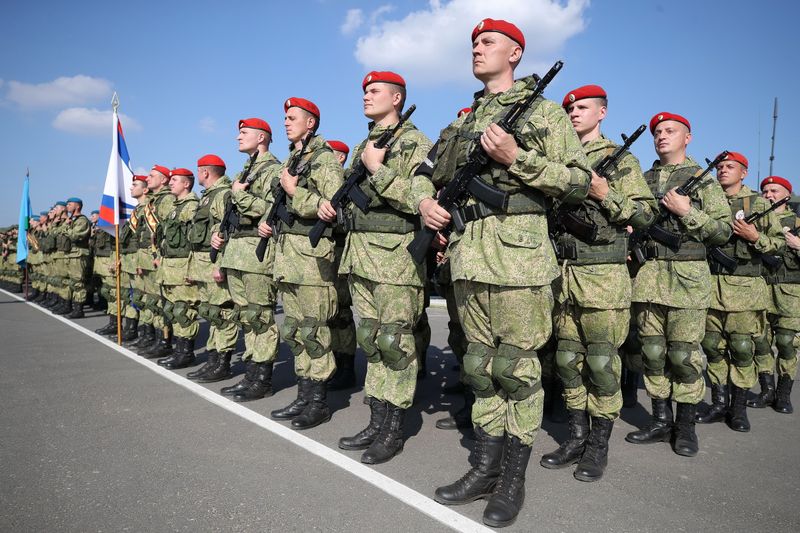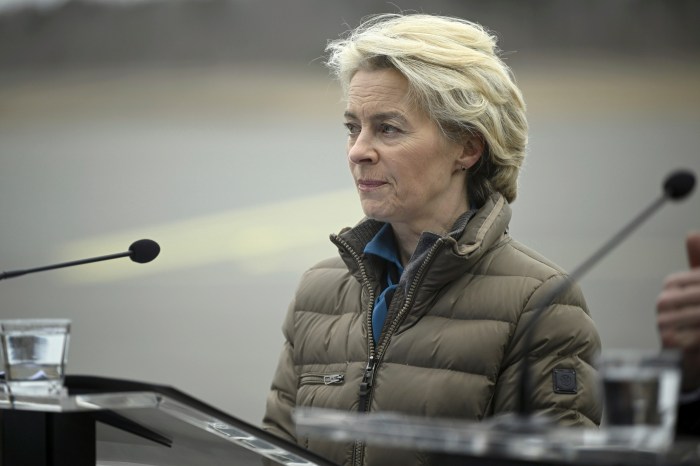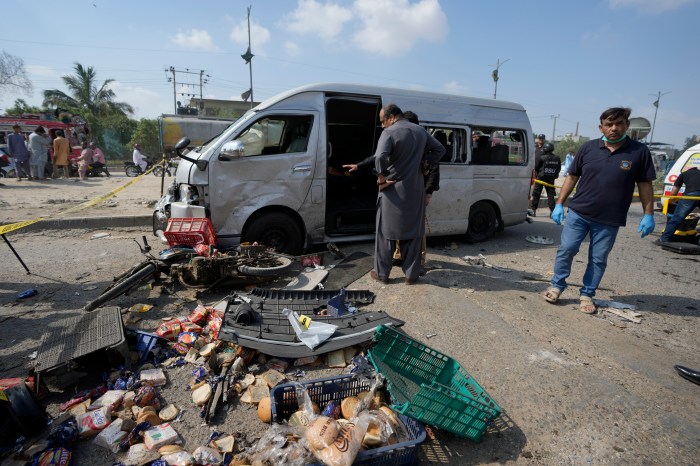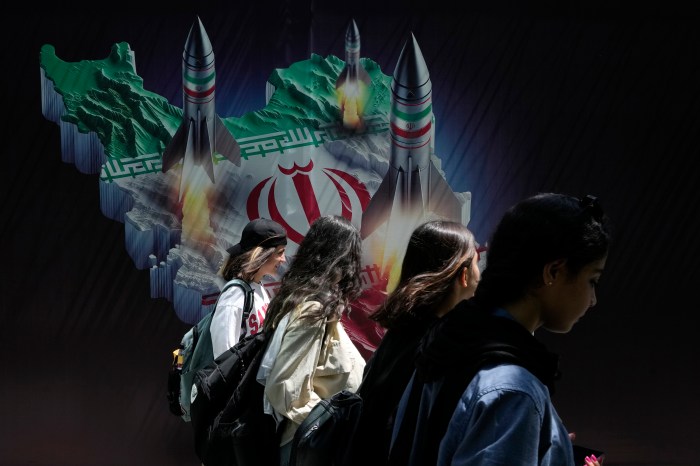MOSCOW (Reuters) – Russia used new combat robots and tactical vehicles on the second day of the active main phase of large military drills with its ex-Soviet ally Belarus, the defence ministry said on Saturday.
The “Zapad-2021” war games, which will run until next Thursday on Russia and Belarus’s western flanks including sites close to the European Union’s borders, have alarmed Ukraine and some NATO countries.
Troops used Platform-M combat robots, which are controlled remotely and armed with grenade launchers and a machine gun, the ministry said in a statement. Russian news agencies said it was the first time such hardware had been used.
New Sarmat-2 tactical vehicles have also been used, Russian media said.
President Vladimir Putin denies the drills are directed against any foreign power and says they are sensible given increased NATO activity near Russia’s borders and those of its allies.
Neighbours such as Ukraine and NATO members Poland and Lithuania say such big exercises so close to the frontier risk being provocative.
“We need to realize that this (a Russian military attack on Estonia) may indeed happen in the coming years,” Martin Herem, commander of the Estonian Defense Forces said in an interview on Friday evening.
“Russia’s goal likely isn’t to occupy us – it does not want to gain control through occupation, but it enjoys instability and influence via instability,” the BNS news wire quoted him as saying.
The manoeuvres are held every four years, but this year’s drill has been seen as a particular signal of Russia’s support for Belarus and its leader Alexander Lukashenko, who has been ostracised by the West for cracking down on dissent.
Russia sees Belarus as a strategically important buffer to its west, and helped to keep Lukashenko in power with loans and political backing while he crushed a popular uprising last year.
(Reporting by Alexander Marrow in Moscow and Andrius Sytas in Vilnius, editing by Ros Russell)



















